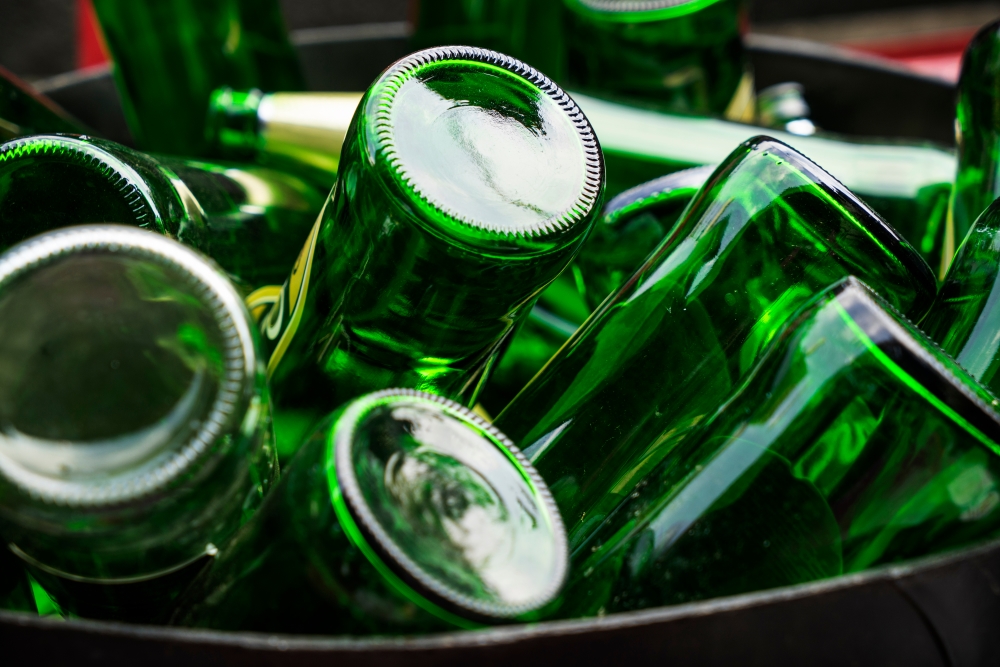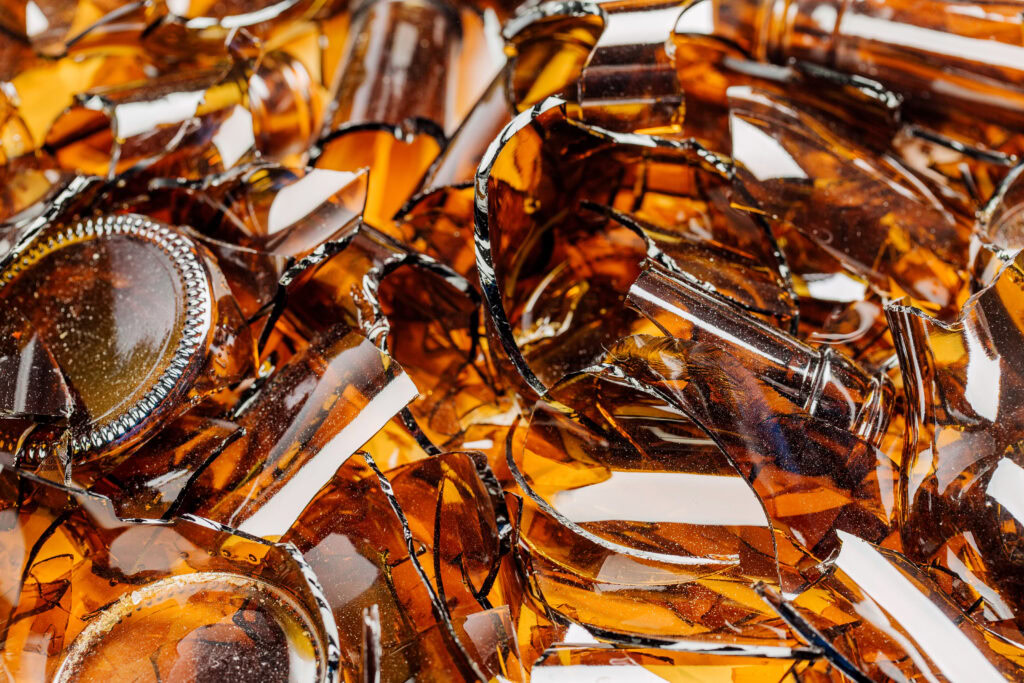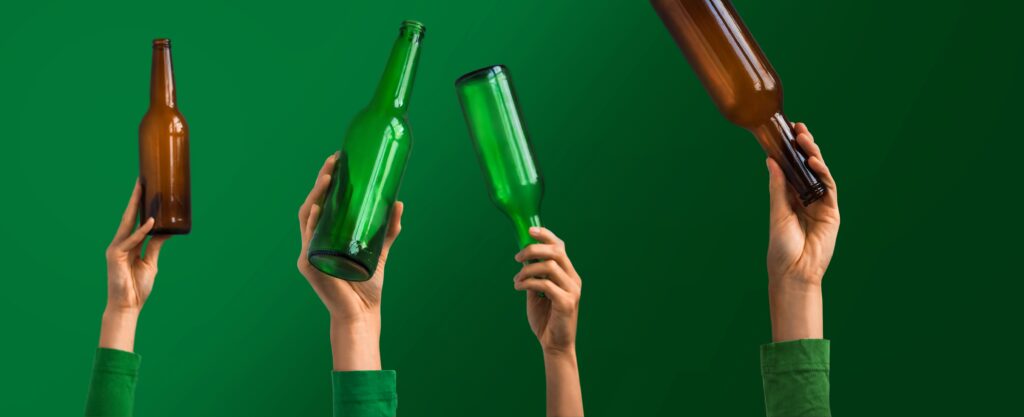While glass will be included in Wales, Scotland said last year that it would not include glass – although this was not acknowledged in Creagh’s statement.
The DRS across all four nations will include single-use drinks containers from 150ml to 3 litres once it comes into effect in 2027.
Creagh’s statement was made yesterday (10 October 2024) in response to a parliamentary written question by Liberal Democrat MP for Glastonbury and Somerton, Sarah Dyke.
The question, which was addressed to environment secretary Steve Reed, asked whether he had made an assessment of the potential environmental benefits of including polyethylene terephthalate (PET) plastic bottles, glass bottles and metal beverage containers within the DRS.
Creagh added that once the DRS is introduced, the Deposit Management Organisation will be required to reach a collection rate of 90% of DRS containers in year 3 of the scheme.
She concluded: “Further details, including monetary analysis on the reduction of disamenity of litter, will be provided in the DRS Final Impact Assessment. This will be published when the Statutory Instrument is laid in Parliament.”
Reactions from campaigners to exclusion of glass
Campaigners expressed disappointment over the exclusion. Jenni Hume, UK and Ireland director at zero waste non-profit Reloop, reacted to the news: “Reloop has long advocated that the greatest environmental benefits for deposit return schemes can be achieved through the inclusion of glass bottles, so it is disappointing to see confirmation that this will not be the case across the UK. We support the Welsh government’s ambition to demonstrate how glass bottles can be incorporated into a deposit return scheme, paving the way towards reuse.
“While we recognise that this decision was originally made by the previous government following intense industry lobbying on glass, we had hoped that new ministers would engage meaningfully with environmental experts prior to finalising this position. We will now be working across the four nations to help deliver ambitious schemes on schedule by October 2027.”
Jane Martin, CEO of plastic pollution charity City to Sea, added: “Not only was drinks-related litter found on 93 per cent of beaches surveyed in England, but glass was the third most common item collected.
“For a government looking to create a zero-waste economy by 2050, excluding glass from a proven initiative that reduces waste, increases circularity, and promotes sustainable habits is illogical.
“Implementing a DRS that includes glass is not unprecedented. More than 50 schemes exist around the world and 46 include glass. The four remaining schemes that do not include glass have a separate glass returnable system.
“Defra is supposed to be undertaking a ‘rapid review’ of the scheme, the results of which we have still not seen. We urge ministers to change course before the final proposals are published. There is still time to get this right.”







If I am correct items included in the DRS are to be recycled. It is only my opinion, glass should be reused and only recycled when it is unfit to be reused. In my area glass jars and bottles are reuse by independent businesses to save money and the Planet. Mary Creagh may have something else up her sleeve.